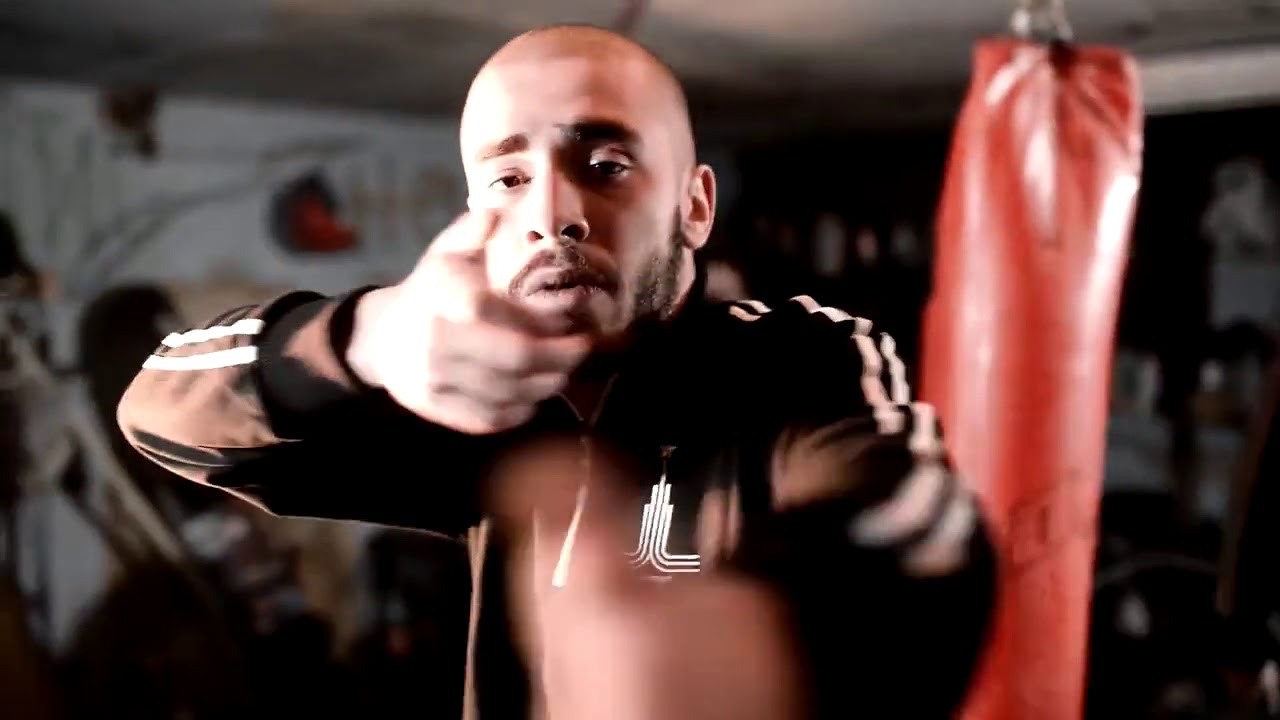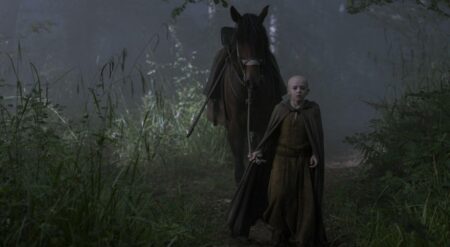
VICE Investigates is a new Hulu Original documentary news series from VICE News. VICE News promotes itself as a media outlet that focuses on underreported news stories. According to VICE News, Vice Investigates “will feature stories told through a distinct reporting lens, immersive narratives, and fresh perspectives on the important — and sometimes controversial — issues defining today’s culture.” The first episode, “Russia’s War on Hip Hop,” follows correspondent Alzo Slade as he explores Russia’s Hip Hop culture which is currently under attack from its government.
The documentary starts by laying a foundation of the history of hip hop in Russia. Similar to other American imports, hip hop didn’t come to Russia until after the Cold War. But unlike McDonald’s or blue jeans, hip hop’s message has a greater chance of shaking the foundation of Russian President Vladimir Putin’s authoritarian reign considering the messages contained within its lyrics. This year, protests over elections in Russia featured the usual unrest, riots, arrests, and angry chanting, but also added something new: hip hop artists. Putin has attempted to stifle the power of these artists, but in doing so, he has only bolstered their message.
In “Russia’s War on Hip Hop,” Slade speaks with Husky, a Russian rapper. Seeing the lyrics of Husky’s songs and comparing it to the lyrics I see from American hip hop songs is fascinating. While a lot of influence from American culture is there, the overall tone is much more dismal and depressive. Hip hop connects Russia’s youth to something other than the Motherland. Husky admits that as a child he listened to Wu-Tang, Mobb Deep, and other similar artists within the genre. Despite state media being the most influential communication within Russia, Husky is able to avoid the censorship within Russia by promoting his music on social media and recording in underground studios.
As an American, it is often easy to forget how free we are. During the Grammy’s in 2017, Katy Perry, while performing her song “Chained to the Rhythm,’ had the Constitution projected over her. Additionally, during that same show, Busta Rhymes referred to the president as “Agent Orange” during a performance with A Tribe Called Quest that ended with the group chanting “resist” over and over again.
This is a far cry from what Husky and other Russian artists, hip hop or otherwise, have experienced. In “Russia’s War on Hip Hop,” Husky describes a show he was set to perform at where “men in uniform” forced the club to cancel without notice. Instead, he performed without music, persisting in the face of censorship. This show is not a one-off for the artist. In the documentary, he tells Slade he has had at least a dozen canceled in similar manners. While it is mostly unclear who canceled the shows, it is clear that a special government task force focused on “extremism” is more than likely to blame. However, calling Husky an extremist would be like calling any American rapper or artist with a political message an extremist. Is Katy Perry an extremist? Is Busta Rhymes?
Following a tragic shooting, the FSB, Russia’s Federal Security Service which finds its roots in the KGB, decided to target rap music believing that the violence described in the lyrics led the shooter to commit the violent act. Despite this happening in Russia, it is terrifying to see just how similar this narrative is to the way the United States views gun violence. Recently, Walmart removed the ads of what they considered violent video games in response to a mass shooting in Texas. Blaming media and making the jump to assuming media causes violence is not a new narrative but is a tired one.
“Russia’s War on Hip Hop” gives insight into just how far Russia’s censorship war goes, as well as just how much Russia’s youth are fighting it. The episode is also incredibly important not just because it shows the power of Putin’s authoritarian rule but because it shows Americans how often our politicians’ narratives, particularly the current president, mirror Putin’s own regarding media that rocks the boat. Additionally, Russia’s attempt to censor artists is incredibly similar to when the Parents Music Resource Center asked Congress in 1985 to add a warning label to explicit albums reading “
With a runtime of 59 minutes, “Russia’s War on Hip Hop” at times feels like it can drag on. But, as Slade speaks to different artists, including Face who used to be a Neo-Nazi but has since reformed and has a song parodying the Soviet mindset, their stories are interesting. The best part of the episode is seeing how each individual artist deals with the oppressive censorship of their country.
VICE Investigates is streaming on Hulu with new episodes dropping once a month.
VICE Investigates Episode 1 - Russia's War on Hip Hop
-
Rating - 8/108/10
TL;DR
With a runtime of 59 minutes, “Russia’s War on Hip Hop” at times feels like it can drag on. But, as Slade speaks to different artists, including Face who used to be a Neo-Nazi but has since reformed and has a song parodying the Soviet mindset, their stories are interesting.








